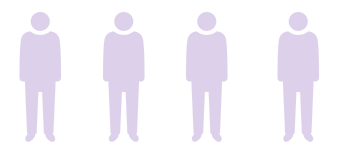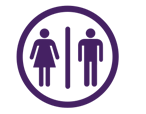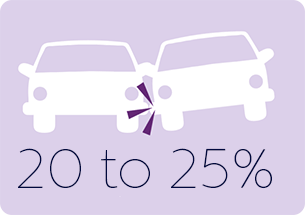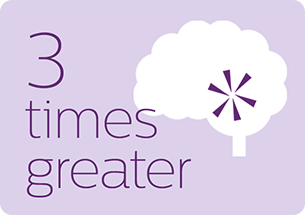What is sleep apnea?
Sleep apnea is a common, treatable sleep disorder. It can impact your daily energy, mental performance, and long term health. In some cases, it can even be fatal if left untreated. When you have sleep apnea, the soft tissue in your airway collapses while you sleep. This can be caused by weak muscles in your airway, a large tongue, obesity, or other reasons. Your breathing can be interrupted hundreds of times per night, which causes you to snore, gasp, or even wake up.
What are the symptoms?
Sleep apnea often goes undiagnosed because the symptoms are overlooked. They include:
Nighttime symptoms
Daytime symptoms
“Lorem ipsum dolor sit amet”
What are the risks?
Sleep apnea can have both short and long term health risks if left untreated, including:
Benefits of a regular treatment
Using treatment regularly, you may experience the following benefits:














